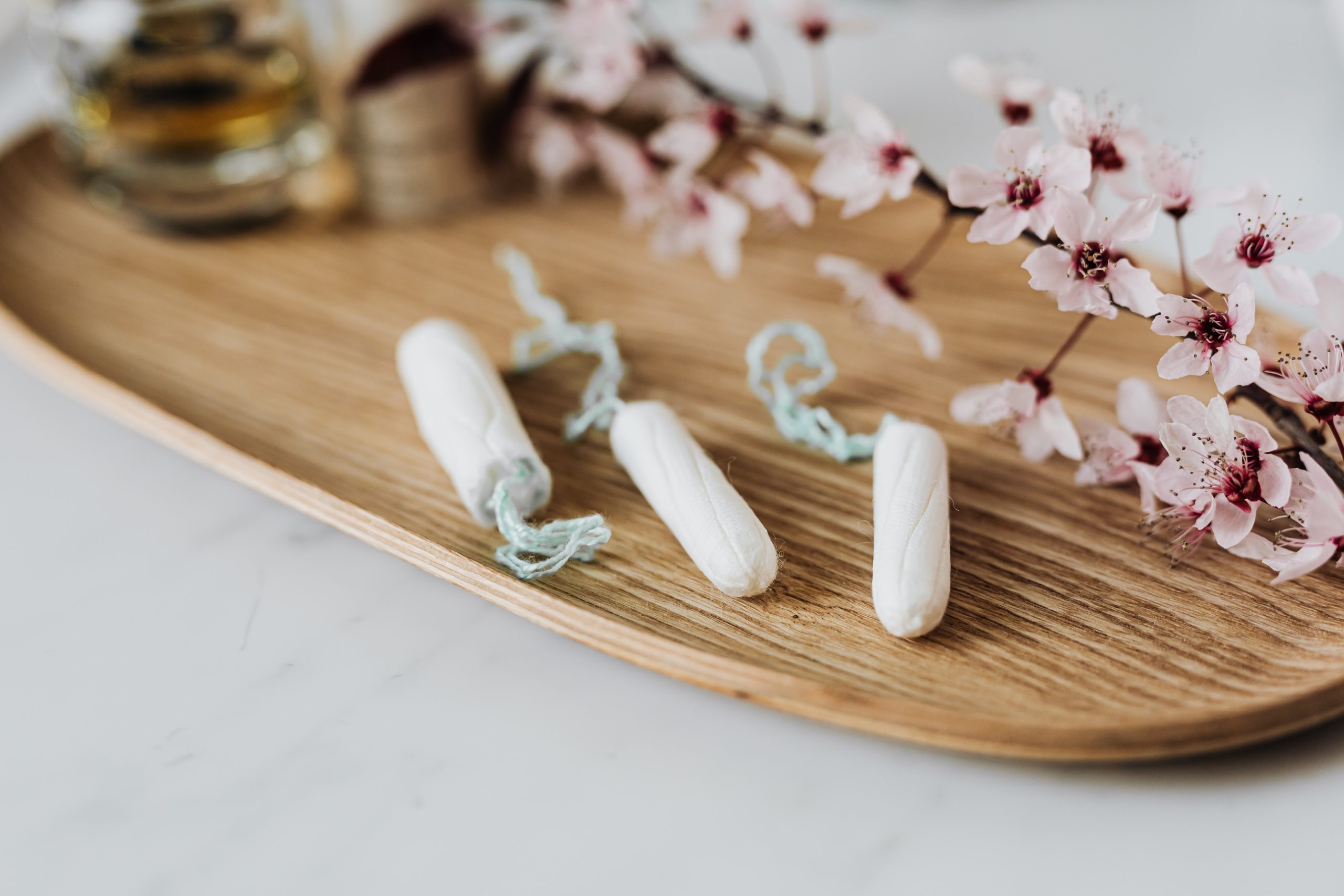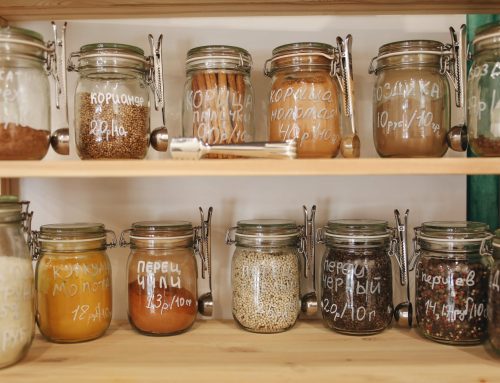Menstruation is a natural bodily function that affects women around the world, yet it remains shrouded in shame and stigma. Many women feel embarrassed or ashamed to talk about their periods, which can lead to misconceptions and misinformation about menstrual health and hygiene. In this article, we’ll explore the importance of menstrual health and hygiene, debunk common myths and misconceptions, and offer practical tips for managing menstrual cycles.

Photo Cred: Polina Zimmmerman
The Importance of Menstrual Health and Hygiene
Menstruation is a normal part of the reproductive cycle for women, yet it can be a source of discomfort and inconvenience. Proper menstrual health and hygiene can help alleviate some of these issues and ensure that women are able to go about their daily lives with confidence and ease.
Good menstrual hygiene practices can also help prevent infection and other health issues. During menstruation, the body is more susceptible to infection, so it’s important to take extra care to keep the genital area clean and dry.
Debunking Common Myths and Misconceptions
There are many myths and misconceptions surrounding menstruation, some of which can be harmful to women’s health. Here are a few of the most common myths and the truth behind them:
Myth #1: Menstruation is dirty or shameful.
The truth: Menstruation is a natural bodily function and is not dirty or shameful. Women should feel empowered to talk openly about their periods and seek the care and resources they need.
Myth #2: Women shouldn’t exercise or swim during their period.
The truth: Exercise and swimming can be beneficial during menstruation and should not be avoided. Tampons, menstrual cups, and period-proof underwear can provide protection during physical activity.
Myth #3: PMS is all in your head.
The truth: Premenstrual syndrome (PMS) is a real condition that affects many women. Symptoms can include mood changes, bloating, and cramps. Women should seek support and resources if they experience significant PMS symptoms.
Myth #4: A painful period is normal.
The truth: No it is not. Excessive pain and cramping and bleeding can all be a sign that something else is going on. Don’t take no for an answer if you feel that there is something wrong with how your cycles are.

Tips for Managing Menstrual Cycles
Here are a few practical tips for managing menstrual cycles and maintaining good menstrual health and hygiene:
- Choose the right products for you: There are many menstrual products available, including pads, tampons, menstrual cups, and period-proof underwear. Experiment with different products to find what works best for your body and lifestyle. Do your research and make sure you are making the best educated decision for yourself.
- Keep clean: Wash your hands frequently and use a gentle, fragrance-free soap to clean the genital area. Change menstrual products regularly to prevent infections and always wipe front to back! Investing in a bidet attachment for your toilet is a great way to increase your genital hygiene in between showers and something I can’t suggest more highly for every home.
- Track your cycle: Use a period tracking app (if it is safe to do so where you are) or calendar to keep track of your cycle and predict when your period is likely to start. This can help you plan ahead and avoid surprises and even help identify if you are experiencing irregular cycles.
- Practice self-care: Menstruation can be uncomfortable and stressful. Take time to practice self-care, such as taking a warm bath, practising yoga, or getting a massage. You deserve it – you’re worth it so take that time for yourself.
Menstrual health is so important and it deserves more attention and less stigma all around the planet. By understanding the importance of good menstrual hygiene practices, debunking common myths and misconceptions, and following practical tips for managing menstrual cycles, women can maintain their health and well-being throughout their reproductive years. Let’s break the stigma surrounding menstruation and start talking openly and honestly about this natural bodily function. That means not just talking to our daughters but to our sons too.







Leave A Comment